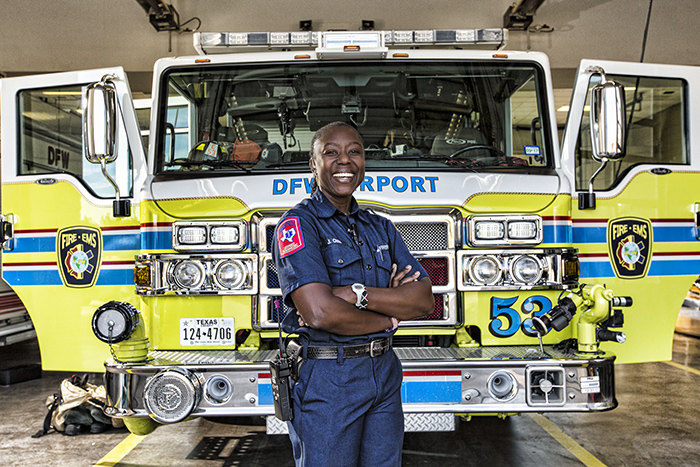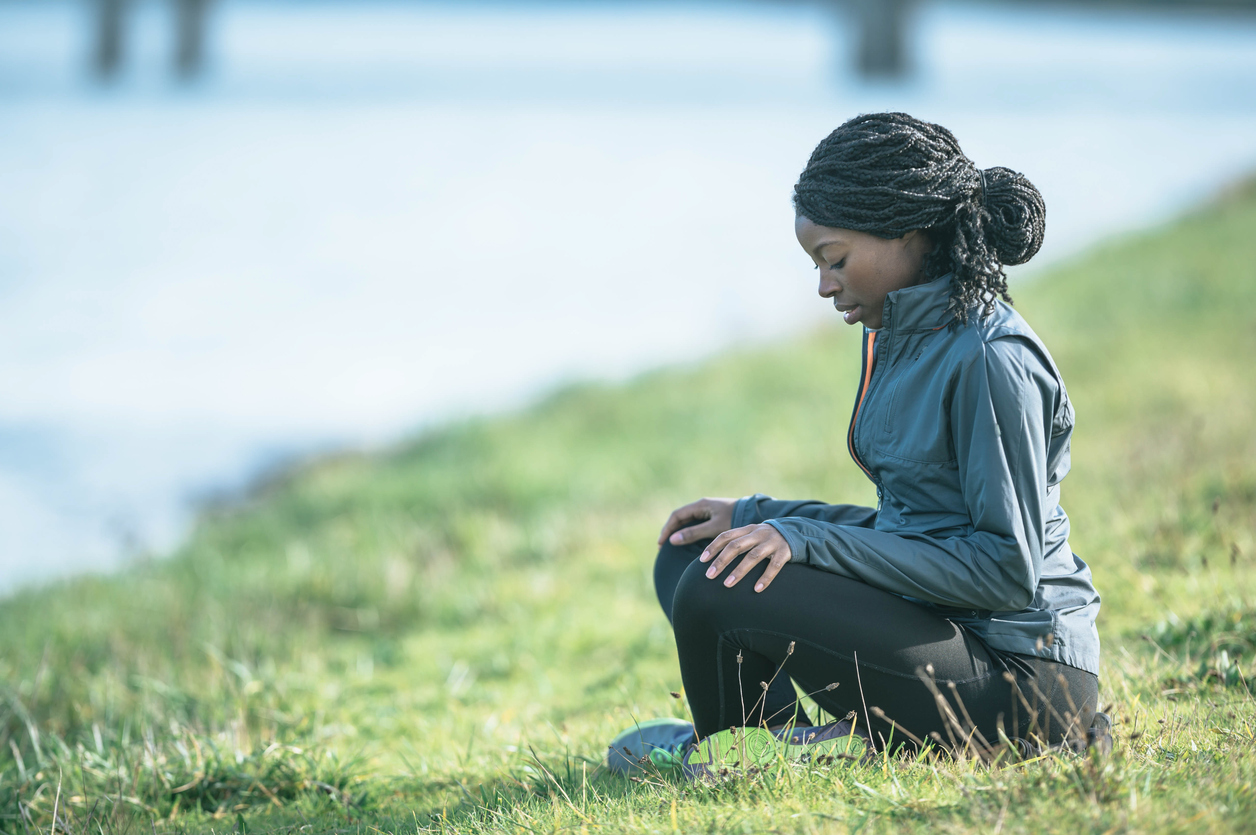Predators are everywhere. Whether you live in the city, the country, or somewhere in between, the danger is real. Attacks usually happen during the dark nighttime hours, but they have been known to happen in broad daylight as well. And there’s usually little you can do on your own to stop them. It’s only prudent to consider getting yourself an LGD for protection.
So, what is this mysterious LGD?
Why, a livestock guardian dog, of course!
Homesteaders know – often from sad experience – that no matter where they live, their animals are at risk of being attacked by predators. While those living in more rural areas need protection against wild animals such as coyotes or foxes, those living in towns may have to keep a close eye on the neighbors’ dogs. And more and more these days, we hear reports of wild animals loose in the suburbs.
The solution is simple – if you want to ensure your livestock’s safety, you need some sort of guardian on duty 24/7. Fences are usually not enough to keep out a determined predator. Some homesteaders choose large (and rather grumpy) animals such as donkeys or even llamas to deter predators from approaching their livestock, but guardians like these are only practical on a larger acreage, and may not be allowed in many cities anyway. For urban and suburban homesteaders, as well as many rural ones, a dog is the way to go.
But it’s not just any dog who can assume this weighty responsibility. There are certain breeds whose nature it is to fiercely protect and staunchly guard their little packs, even if those packs include a few goats or the odd chicken. And the incredible part is that these dogs don’t really need much in the way of training in order to do their job well. They seem to be guided by instinct – or is it love? – to protect their family.
The breeds most often chosen to perform the duty of an LGD are Great Pyrenees, Anatolian Shepherds, Akbash, and Maremma, although breeds such as the Tibetan Mastiff and the Komondor are also popular choices in certain parts of the world. It’s also common to see crosses, such as Great Pyrenees-Anatolian, that take advantage of the best traits of both breeds.
Whichever breed you choose, it’s important that your LGD has been raised from puppyhood around the type of livestock you own. Whether you obtain your LGD as a puppy and expose them to your animals yourself, or you acquire your LGD as an adult from another homestead, it’s important that they feel a bond with animals other than dogs and humans. Having them grow up around chickens and goats is the best way to let them know that everyone on a homestead is one big family – and that they are all theirs to protect.
Of course, every dog needs a certain amount of training in order to be properly socialized, and LGDs are more independent than most. But there is no specialized training needed in order for them to assume their protective role.
Some homesteaders maintain that, as working animals, LGDs should be kept with the livestock at all times, and not be treated as pets at all. This method is supposed to create a stronger bond between livestock and dog, without the interference of a relationship with humans, so that the LGD is more strongly motivated to protect his charges. But for those of us who treat even our chickens and goats as beloved pets, that type of hands-off approach just isn’t feasible. And, based on my own personal experience, LGDs who have been showered with love and affection are just as effective at fighting off intruders.
We own a Great Pyrenees-Anatolian cross, a huge dog with an extremely intimidating bark. His name is Fluffy – and he is the sweetest, goofiest, most gentle pup in the world with our family members and our livestock. But I once watched him drive a very persistent coyote off our property, and it was a sight to behold. It is extremely clear that he considers all of us to be his family, and will do whatever it takes to keep all of us safe.
So if you are considering adding livestock to your own homestead, be sure to do a little research into livestock guardian dogs, as well. There’s nothing worse than lovingly devoting yourself to raising a flock of chickens or a herd of goats, and then seeing them hurt or killed by predators. And there’s nothing better than enjoying the company of a beloved LGD, and knowing that your little homestead is safe.












